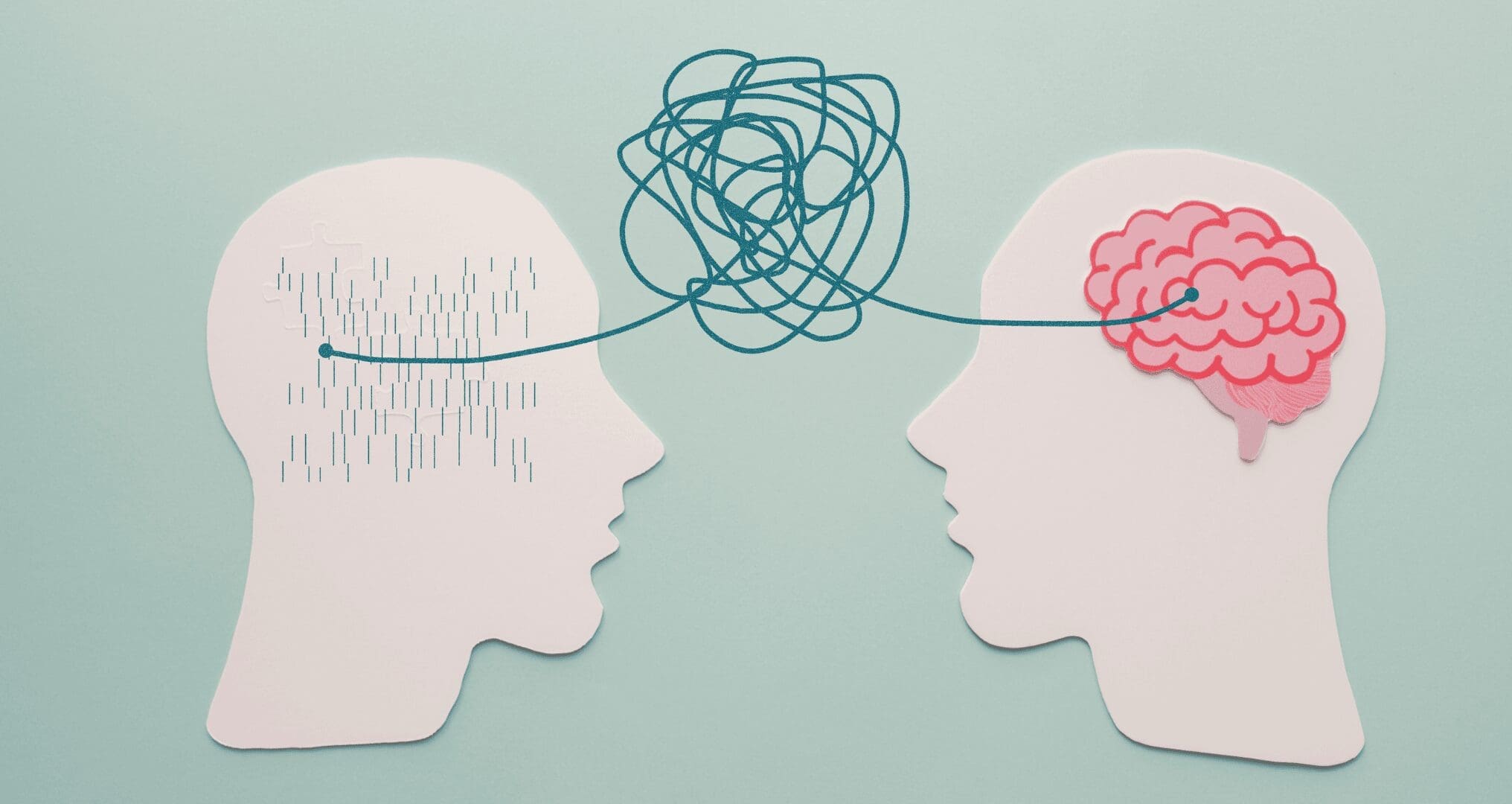
Teen Suicides Surge During COVID-19 Pandemic
Read Time:
3.8 minutes
Share This:
When the COVID-19 pandemic broke out, no one knew what to expect. Health experts have scrambled to address the rising public health concerns, limited medical resources, and the economic cost of everyone staying home to control the spread of the virus. Still, a pandemic of a different kind has reared its ugly head amid our fight against the virus: suicide rates.
Suicide has been on the rise in the United States for more than two decades. However, experts have seen an increase in teen suicides since the start of the pandemic. Mental health issues are now being compounded by isolation and the heavy use of social media. Not only does this alarm us here at Grey Matters of Carmel, but it should also alarm parents everywhere.
Teens and Their Mental Health
Adolescents and teenagers get a bad rap for being moody, detached, and irresponsible. While many parents chalk their teen’s behavior up to hormones and life changes, their mental health often takes a back seat. Parents carry the sentiment that their child has no reason to be depressed or anxious, but that isn’t necessarily true. Teens have a lot to be depressed and anxious about, especially when social media is their only form of communication with the outside world.
Not only do teens rely on social media to keep up with their friends, celebrities, and influencers, but they also use it as a comparison tool. A teen’s brain absorbs all of this information, makes comparisons, and then convinces your child that he or she doesn’t add up or isn’t worthy. They don’t have the mental health stability and capability to recognize that what people put out on social media isn’t an accurate depiction of real life. When you add in social isolation because of a pandemic, you create a recipe for disaster: increasing suicide rates.
How the COVID-19 Pandemic is Affecting Teens
Many schools have shifted to virtual learning, forcing millions of students to be isolated from their friends. In some cases, school was the only safe place for a child. Now, they are being asked to stay at home, juggle online classes, and handle all of the distractions that come from learning from home. This compounds the fact that students’ quality of education has declined, and many are falling behind because they’re not getting the help they need, both academically and mentally.
Additionally, the disruption to daily life has really taken its toll. For many teens, the COVID-19 pandemic lockdowns have caused:
- Emotional or social withdrawal
- Eating and sleeping changes
- Increased anger, agitation, and rage
- Substance abuse
- Lack of interest in usual activities
- Sentiments of “I’m a burden.”
- Questioning one’s life purpose
All of these factors combined have led to an alarming increase in teen suicide related to COVID-19 isolation. Before the pandemic, teen suicide was the second leading cause of death for ages 15-19, with 100,000 self-inflicted deaths recorded every year. Now, experts warn that number could be even higher because of pandemic-related isolation and social media usage.
How Parents Can Protect Their Teens
One way to tell how well a teen is doing at home during a major event, such as a pandemic, is to gauge how well the parents are doing. While mental health stability and care are essential for teenagers, mental health care is also vital for adults and parents. It’s okay for your teen to see you stressed out or concerned, but you should also display healthy ways of coping.
Communication is also crucial. When teens struggle with their mental health, they are less likely to reach out and ask for help. As the parent, this means you need to be aware of some of the changes outlined above. You should also monitor your child’s device addiction. Are they on their phones constantly? Are they less engaged in real life? Are they developing low self-esteem because of social media platforms? Open the doors of communication and keep them open. If your child is struggling or having suicidal thoughts, then it’s time to seek professional help.
Grey Matters is Here for You!
A global pandemic creates unstable mental health, further intensifying feelings, emotions, and mental health decline for those already struggling with depression and anxiety. If you’ve been looking for a holistic, non-invasive, and medication-free alternative for you or your teen, then Grey Matters of Carmel wants to help. Through neurofeedback therapy, we’re able to help mitigate symptoms of depression, anxiety, PTSD, and more! To find out how it all works, contact us today at (317) 215-7208.



